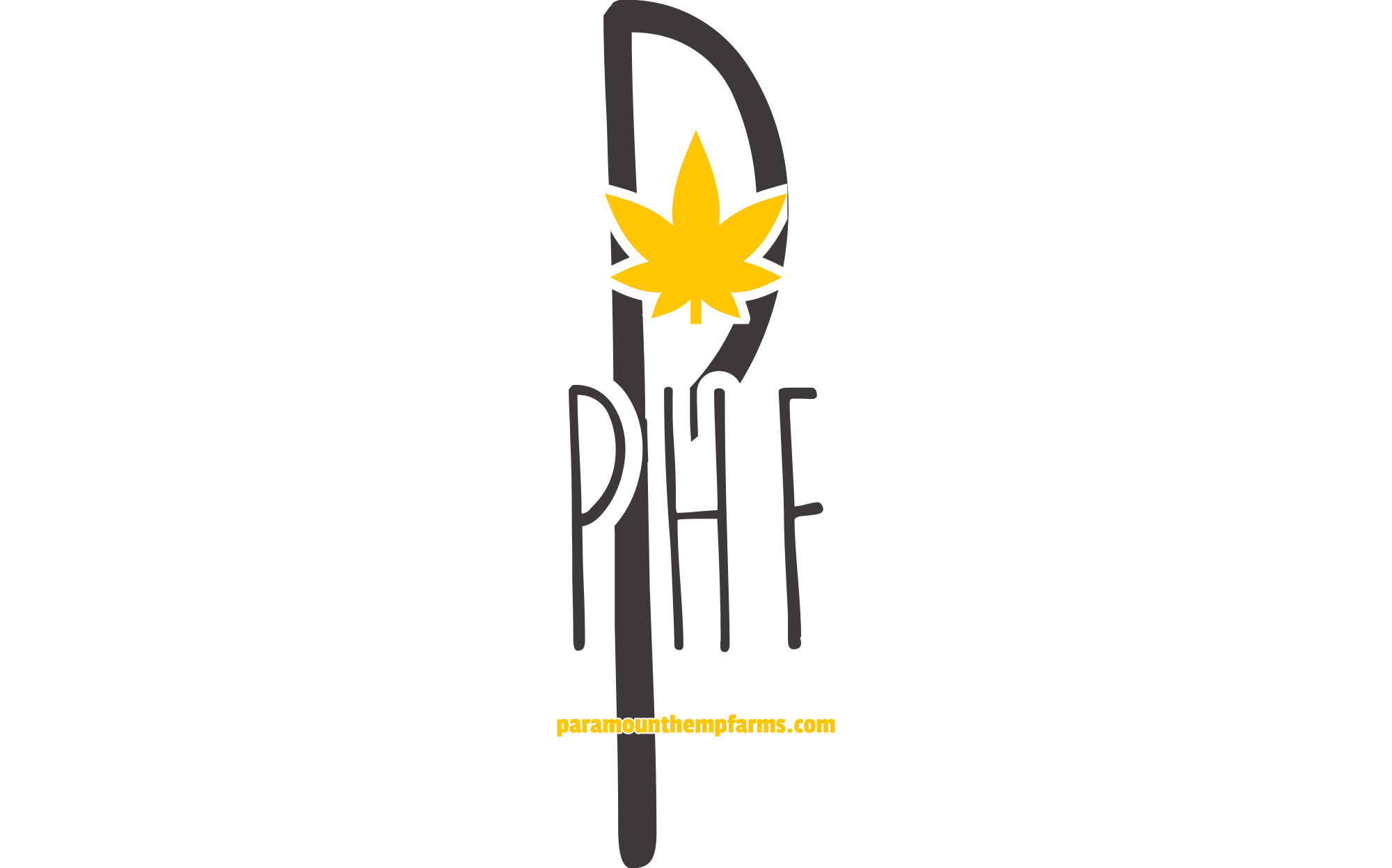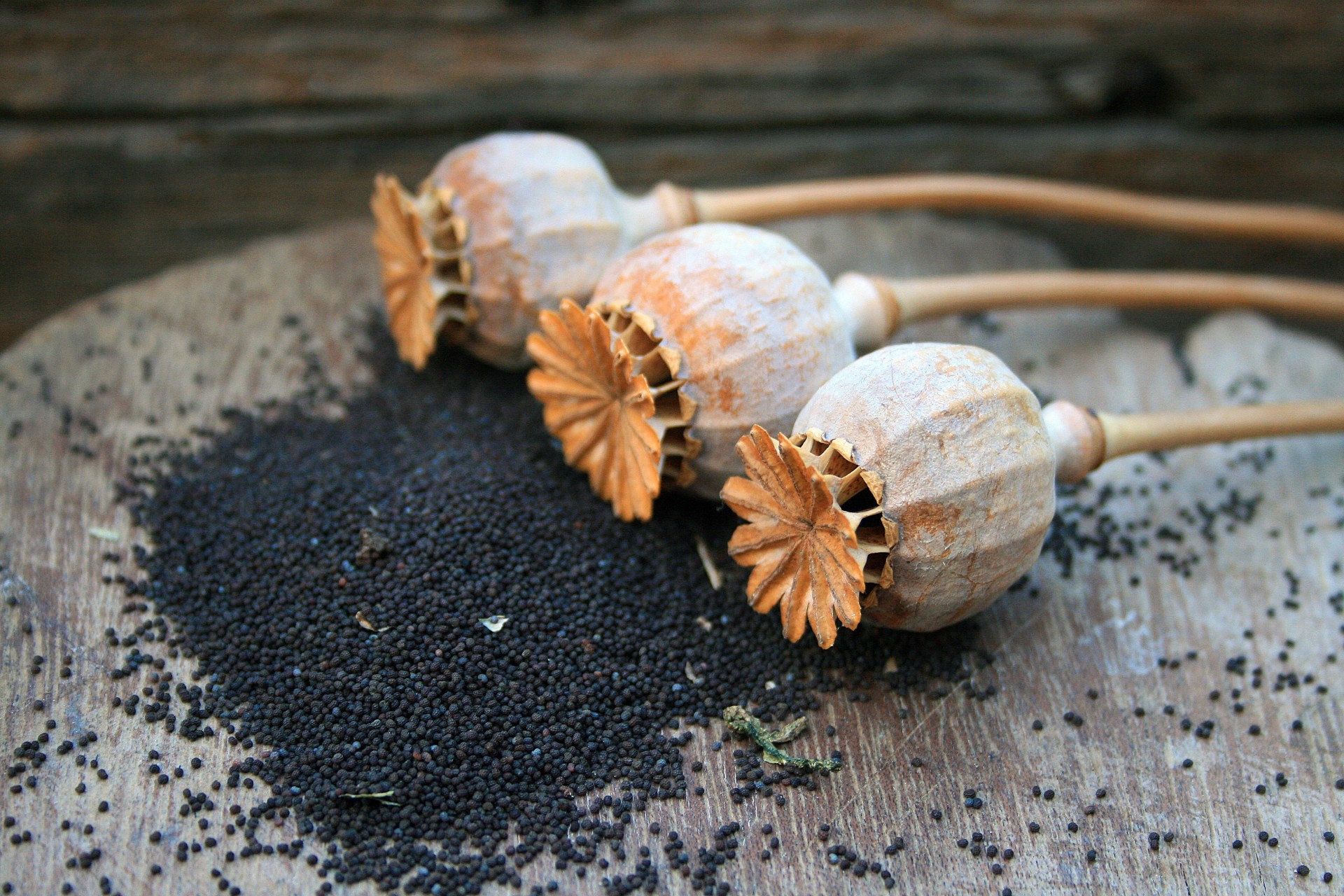Introduction to Poppy Seeds and Drug Testing
Poppy seeds are commonly used as a culinary ingredient in baked goods, salads, and other dishes due to their nutty flavor and crunchy texture. While poppy seeds themselves are not psychoactive, they contain trace amounts of opiate alkaloids, including morphine and codeine, which can lead to false positive results on drug tests.
Drug testing is commonly used in various settings, including employment screening, legal proceedings, and healthcare settings, to detect the presence of illicit drugs or prescription medications. However, the presence of poppy seeds in the diet can complicate the interpretation of drug test results and potentially lead to incorrect conclusions about an individual’s drug use.
How Poppy Seeds Can Cause False Positive Results
Poppy seeds contain small amounts of opiate alkaloids, which are derived from the sap of the opium poppy plant. While the levels of opiates in poppy seeds are typically low, consuming large quantities of poppy seeds or products containing poppy seeds can result in detectable levels of morphine and codeine metabolites in urine or blood tests.
The threshold for detecting opiates in drug tests varies depending on the testing method and cutoff levels used by the testing facility. Even trace amounts of morphine or codeine metabolites from poppy seeds can exceed these cutoff levels, leading to false positive results on drug tests.
Potential Risks and Consequences
False positive results on drug tests can have significant consequences, including
Loss of Employment
Individuals may face disciplinary action or termination from their job if drug test results are positive, even if they have not consumed illicit drugs.
Legal Issues
False positive results on drug tests can lead to legal consequences, including criminal charges or loss of custody in child custody cases.
Stigmatization
Individuals may experience social stigma or discrimination as a result of false positive drug test results, affecting their personal and professional relationships.
How to Minimize the Risk of False Positive Results
To minimize the risk of false positive results on drug tests due to poppy seed consumption, consider the following strategies:
Avoid Consuming Poppy Seeds
If you know you will be undergoing drug testing, avoid consuming poppy seeds or products containing poppy seeds in the days leading up to the test.
Be Transparent
If you have consumed poppy seeds recently and are required to undergo drug testing, inform the testing facility or healthcare provider about your poppy seed consumption to avoid misinterpretation of results.
Request Confirmation Testing
If you receive a positive result on a drug test and believe it may be due to poppy seed consumption, request confirmation testing using a more specific and sensitive method, such as gas chromatography-mass spectrometry (GC-MS) or liquid chromatography-mass spectrometry (LC-MS).
FAQs
How long do poppy seeds stay in your system?
The detection window for poppy seeds in drug tests can vary depending on factors such as the quantity consumed and individual metabolism. However, poppy seeds are typically detectable in urine for up to 48 hours after consumption.
Can eating poppy seeds cause a positive drug test for heroin?
While poppy seeds contain trace amounts of opiates, including morphine and codeine, they are unlikely to cause a positive drug test for heroin (diacetylmorphine), as heroin is rapidly metabolized into other compounds in the body.
Can poppy seeds affect a breathalyzer test?
Poppy seeds are not known to affect breathalyzer tests, as breathalyzer tests detect alcohol levels in the breath rather than drugs or their metabolites.
Can poppy seeds cause withdrawal symptoms?
Consuming poppy seeds in moderation is unlikely to cause withdrawal symptoms. However, individuals with a history of opioid use disorder or addiction should exercise caution when consuming poppy seeds, as they may trigger cravings or exacerbate withdrawal symptoms in susceptible individuals.
Do different types of poppy seeds contain different levels of opiates?
While the opiate content of poppy seeds can vary depending on factors such as cultivation methods and processing, most varieties of poppy seeds contain trace amounts of opiates, including morphine and codeine.
Can poppy seeds cause a false positive result on a hair follicle drug test?
It’s possible for poppy seeds to cause a false positive result on a hair follicle drug test, as trace amounts of opiates from poppy seed consumption can be incorporated into hair strands. However, confirmation testing using more specific methods can help differentiate between opiate use and poppy seed consumption.
Are there any health benefits to consuming poppy seeds?
Poppy seeds are a good source of essential nutrients, including protein, fiber, and healthy fats. They may also have potential health benefits, such as promoting heart health, supporting digestive function, and reducing inflammation when consumed as part of a balanced diet.
Conclusion
Poppy seeds are a common culinary ingredient that can lead to false positive results on drug tests due to their opiate alkaloid content. While consuming poppy seeds in moderation is generally safe and may offer health benefits, individuals should be aware of the potential risks of false positive drug test results and take precautions when undergoing drug testing. By avoiding poppy seed consumption before drug tests, being transparent about poppy seed consumption with testing facilities or healthcare providers, and requesting confirmation testing if necessary, individuals can minimize the risk of misinterpretation of drug test results and avoid potential consequences. As with any dietary or lifestyle choice, moderation and informed decision-making are key to maintaining health and well-being.
- Traptox Aka Trapezius Botox Treatment Near Mortlake, Surrey - January 4, 2025
- Skin Pen Microneedling Near Mickleham, Surrey - January 3, 2025
- Latex Fetish: The Allure Of Shiny, Tight Textures - January 2, 2025


